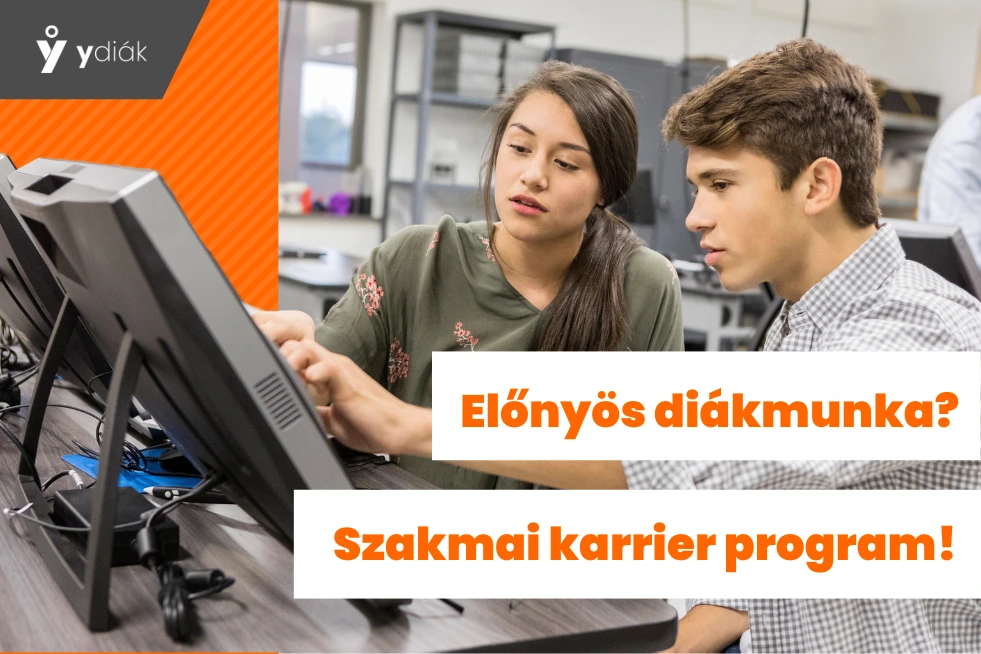Useful
Using Artificial Intelligence for University Students: What You Can and Cannot Do
In recent years, AI-based software such as ChatGPT or Google Gemini has gained enormous popularity. University students also often use them for research, assignments, and even theses. In this article, we will explain in detail what you can use AI for and what you should not use it for as a university student.
What is Artificial Intelligence (AI)?
Artificial intelligence (AI) is a type of computer technology that can learn from past data and independently solve tasks that previously could only be performed by humans.
Modern AI tools, such as ChatGPT or Google Gemini, are so-called large language models (LLM). By processing vast amounts of text data, they have learned to interpret and generate text in a human-like way.
How can you use AI as a university student?
Artificial intelligence can assist your studies in many ways. As a university student, you can use AI for a variety of tasks, from gathering information to generating creative ideas.
Let’s take a closer look at the areas where AI can be helpful!
For research work
No matter what your major is, AI can be an excellent companion for research. If you need to dive into a new topic, it can summarize the key concepts and background information for you in moments.
You can ask it for definitions and explanations of specific terms, or even a brief summary of academic articles. This way, you quickly gain reliable starting points, almost as if you had a personal assistant helping you study.
TIP: Want to have time for fun alongside your studies? Learn the most effective techniques from our article on time management for university students!
How can ChatGPT’s deep research function help?
If you want a really detailed answer, use deep research in AI. In this mode, AI provides a more professional and thorough response by processing multiple sources and information. As a trade-off, the process may take a little longer. Solving a complex task can take 15–20 minutes, but the result is well worth the wait.
For preparing presentations
AI can also be a useful assistant in preparing university presentations. If you need to give a presentation on a topic, you can ask the chatbot to gather the main points and simple explanations. This makes it easier to create a well-structured slide deck.
You can also ask for tips on organizing your presentation and ideas for visually illustrating your talk. Of course, designing the slides and delivering the presentation is still up to you, but AI can easily give a little creative boost to get you started.
For writing assignments
Artificial intelligence can also make writing university assignments easier. It can help gather ideas, create outlines, or even draft individual paragraphs.
However, it is important to always supplement the AI-generated content with your own thoughts and style. The text generated by AI is only a starting point, so AI does not create the final assignment for you.
How to use it?
Plan the structure of your assignment. Before you start writing, think through the introduction, main points, and conclusions. If you get stuck, feel free to ask AI how it would structure your assignment.
Develop the appropriate style. Ask AI to use academic-level, professional language. You can even share excerpts from some successful past work to help it match the tone.
Reference reliable sources. You can provide sources to AI and ask it to work only from the materials you supply for accuracy. However, always review the final content, as AI can be prone to inaccuracies.
For writing a thesis
You can use AI as inspiration and assistance for your thesis, but you cannot expect it to write the entire thesis for you. While its work may initially seem perfect, the devil is in the details—if you don’t want your thesis to be rejected, never rely entirely on AI.
Remember, a quality thesis must always be based on your own research and ideas, so AI should only serve as a supplementary tool that helps you organize and generate ideas.
How to use it?
Ask for topic suggestions and an outline. If you don’t have a concrete idea yet, ask AI to list possible thesis topics. Once you have a topic, you can request a chapter-by-chapter outline. These are not final plans but provide a good starting point for your own planning.
Gather academic literature. Ask AI to suggest relevant books or studies in your field to start your research. Remember, you need to obtain and read the materials yourself. AI can sometimes give inaccurate titles, so always verify the suggested sources.
Use it for language checking. After writing a chapter or paragraph, AI can help refine the text. Ask it to correct logical inconsistencies and spelling errors. However, always read through the text yourself from A to Z, as AI cannot catch every mistake.
TIP: AI can help you study more efficiently, leaving you more time for other activities, including working. If you want to earn money and gain experience during your university years, check out the current student jobs on the Y Diák website!

What are the risks and limitations of using artificial intelligence?
Of course, you should not forget the risks of using AI.
Here are some things to keep in mind and tasks you should avoid using AI for:
Plagiarism and lack of independence
Never submit AI-generated text as your own. Such an assignment counts as plagiarism and can have serious consequences. Always use AI only as a source of ideas and outlines—the final text must always be your own work.
You may get inaccurate information
AI sometimes confidently states things that are not true. If you accept its answers without verification, incorrect data may end up in your work. Always cross-check AI-generated information with other sources to catch errors.
AI can make you lazy
If you turn to the chatbot for every task, you miss the most important part of learning. Skipping your own research and thinking means you learn significantly less, as AI provides ready-made answers. Don’t let AI completely replace your independent work—use it as a helper while you do the actual task yourself.
Your teachers may not necessarily accept it
Teachers may use AI detectors to check your submissions to see if you used AI. However, you should know that these programs are currently unreliable, often giving contradictory or false results.
What to do if your assignment is not accepted?
If suspicion arises and your teacher rejects your assignment, first rewrite the text in your own words to ensure it is unique, with no AI-generated sentences remaining. Then talk to your teacher and explain that you created the text entirely yourself. This way, you can prove that the submitted work reflects your own knowledge.
What example can you give of AI detector unreliability?
Explain that ZeroGPT, one of the most popular checking tools at universities, classified the United States Constitution as 92% AI-written text. This is obviously absurd, as the text was written in the summer of 1787, perfectly illustrating how unreliable these tools can be.
How to use AI ethically
The essence of ethical AI use is understanding its limitations and not abusing its capabilities. Consider AI as a tool that supports your learning but does not solve the task for you. You can gather inspiration and ideas, but the final result must reflect your own knowledge and effort.
Never submit AI-generated text unchanged!
Use it as a starting point, completely rewrite the content in your own words, and add your existing professional knowledge. If you do this, AI will be a valuable assistant rather than a rule-breaking shortcut.
Using AI is a great opportunity but also comes with risks
Using artificial intelligence has many advantages—for example, you can gather information faster and study more efficiently. At the same time, it is important to be aware of its potential inaccuracies and to use it ethically. AI can be a useful companion at university, but only if you use it consciously.
Are you interested in student jobs? Check out the available positions and gain experience at a workplace that suits you!











